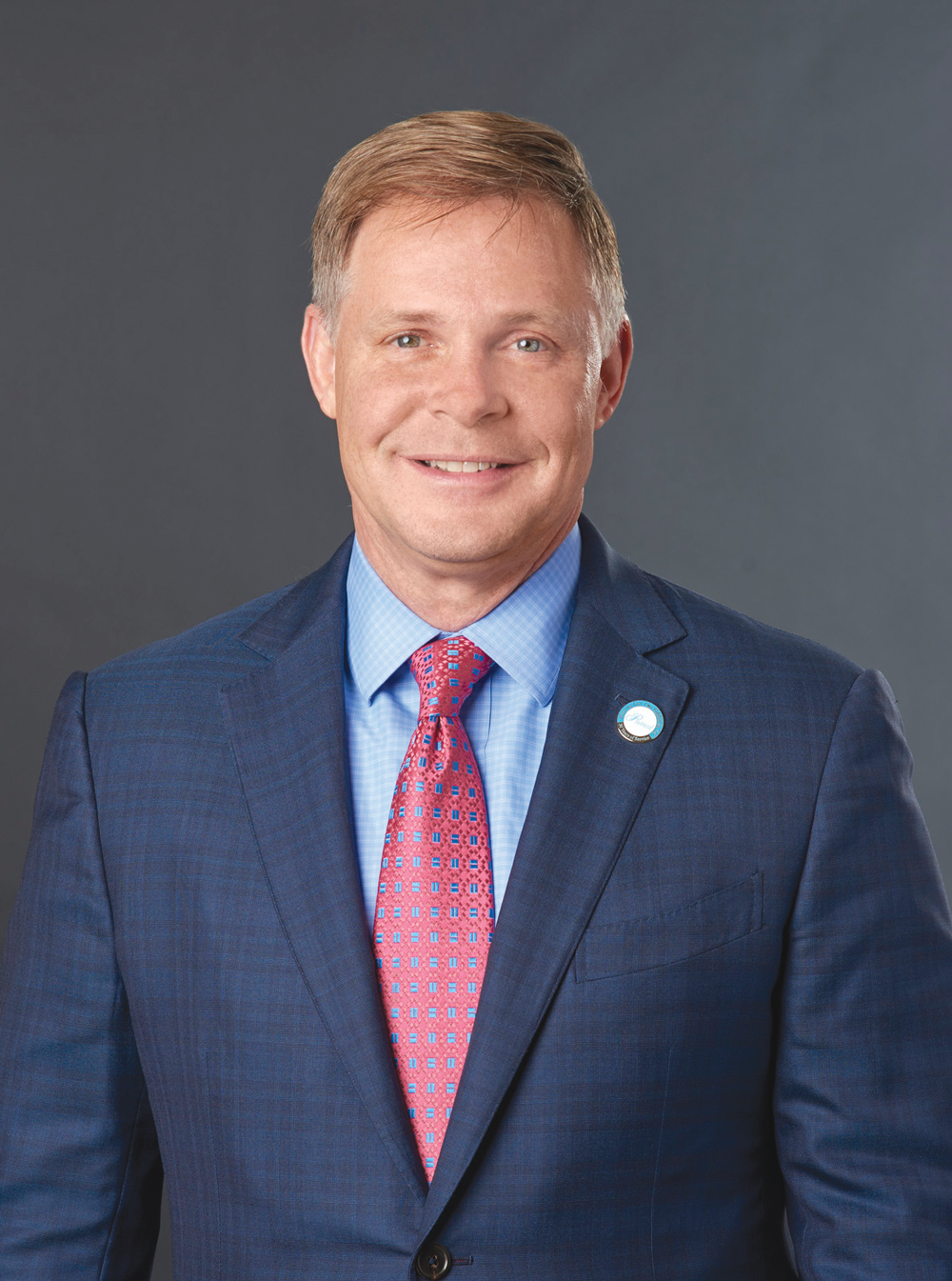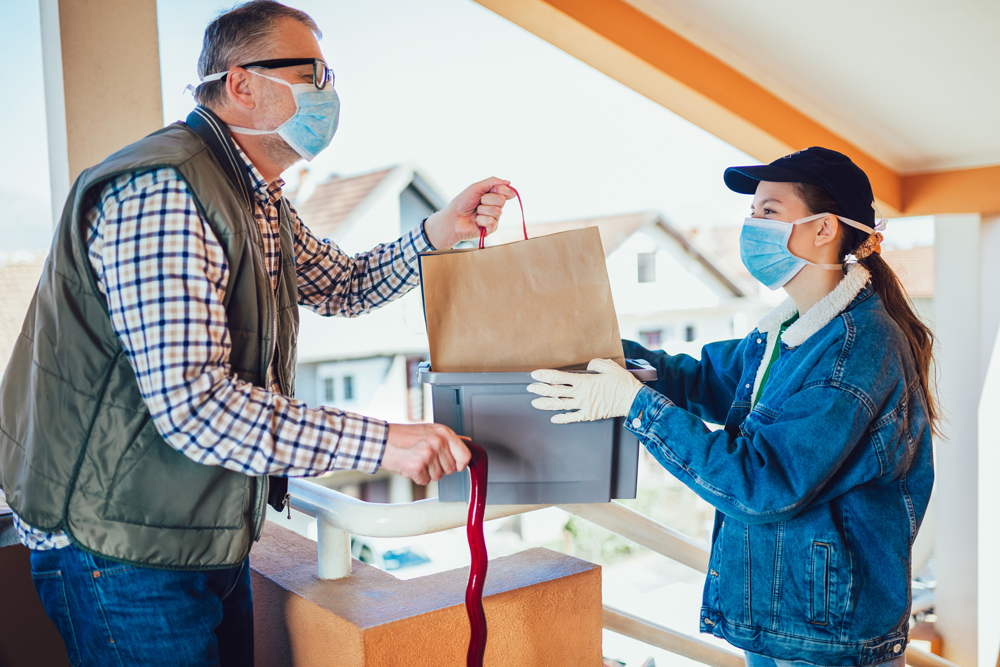A funeral director talks about the impact of Covid-19
The Covid-19 pandemic put funeral homes in a unique predicament; while the increased number of deaths in the state led to an increased demand for end-of-life services, emergency orders from the governor significantly limited the services that the funeral homes could provide. Buddy Phaneuf, fourth-generation funeral director and president of Phaneuf Funeral Homes & Crematorium, which has five locations throughout New Hampshire and Vermont, discussed how funeral homes and families of deceased have been getting through the pandemic, and how funeral arrangements will be handled moving forward.
What restrictions were put on funeral homes during the state’s Stay-at-Home Order?
We were considered an essential business, so we were never legally mandated to close. … The original restrictions imposed by the state up until Monday [June 15] were that gatherings or services at funeral homes had to have under 10 people. We were also affected by restrictions on churches — a lot of them were closed and not allowing services — and cemeteries, which, at one point, only allowed two people to gather close to a grave.
What restrictions are in place now that the Stay-at-Home Order has been lifted?
The governor is limiting funeral homes to [using] 50 percent of their capacity, but we’re still not comfortable having that [many people]. Our main location in Manchester can accommodate 400 people. That means we are still allowed to have as many as 200 people there, and you just can’t effectively [enforce] social distance with 200 people. We’re doing everything on a case-by-case basis right now based on what makes the most practical sense for us. … We’re also doing all the common-sense stuff: social distancing, wearing masks, providing hand sanitizer, cleaning public rooms multiple times a day, using signage and multiple entrances and exits to manage the flow [of visitors].
What are some of the biggest challenges funeral homes have had to face during the pandemic?
Nearly a third of New Hampshire’s Covid-positive patients [who died] came through one of our facilities. Dealing with an extra 40 to 50 deaths a month is significant, plus all of the mixed messages we were getting from state, national and international [health organizations] about how Covid is spread. Can you get Covid from a deceased body? Can you have an open casket [service] for a deceased Covid patient? Some [health organizations] were saying one thing, and others were saying something else. … Another thing is that our staff has been on the frontlines [of the pandemic]. … They’ve had to go to homes where a person may have died of Covid, and the family members in those homes could potentially have Covid. We didn’t always have all of the PPEs [personal protective equipment] … so funeral home staff really put their neck on the line.
How has the pandemic impacted funeral homes, business-wise?
Funeral homes aren’t unique; they’ve been just as impacted by this pandemic as restaurants and retail shops and so many other businesses [have]. … We’ve lost hundreds of thousands of dollars of revenue. … Even though we’ve been serving more families, the families are downgrading their services. Instead of a traditional funeral, they’re doing a cremation. Instead of having a wake, they’re just going to the cemetery. The flowers, the limos, the processions — people aren’t doing that right now, and funeral homes rely on that to pay their basic expenses. … The reality is, a lot of the smaller mom-and-pop funeral homes have not been able to cover their expenses, and they will have to close.
How have families been handling funeral arrangements during the pandemic?
It runs the gamut. Some people want to have the big public service at a church with a big wake and a luncheon, so they’ve decided to wait a few months until they can have that. Other people didn’t want to delay things or drag things on for months. They said, ‘It is what it is, and we need to deal with it,’ and they had a small, private service. Some people decided to do a private service now and are planning to do a more public, celebration-of-life event later on.
Have you been able to accommodate families with special requests or unique circumstances during this time?
[We have been] thinking outside the box and coming up with some really interesting and creative ideas. … In one case, we had an open casket for a young person who passed away, and there were 200 people here. Of course, we couldn’t let 200 people in, so we let 10 people in at a time, and it was a whole-day event, but that was what we needed to do to help [the deceased’s] family and friends grieve and say goodbye. … We also have a camera in our chapel, so we’ve been able to do some livestream services. Families can either just watch the service or … we can set them up on Zoom. We actually did that for an immigrant family who wanted to have an overnight vigil because that’s part of their customs and traditions, but of course everyone couldn’t spend the night together, and a lot of family members were still in their native country, so we set up a camera in front of the casket with a Zoom [session]. Around 50 or 60 family members signed in over the course of the evening.



